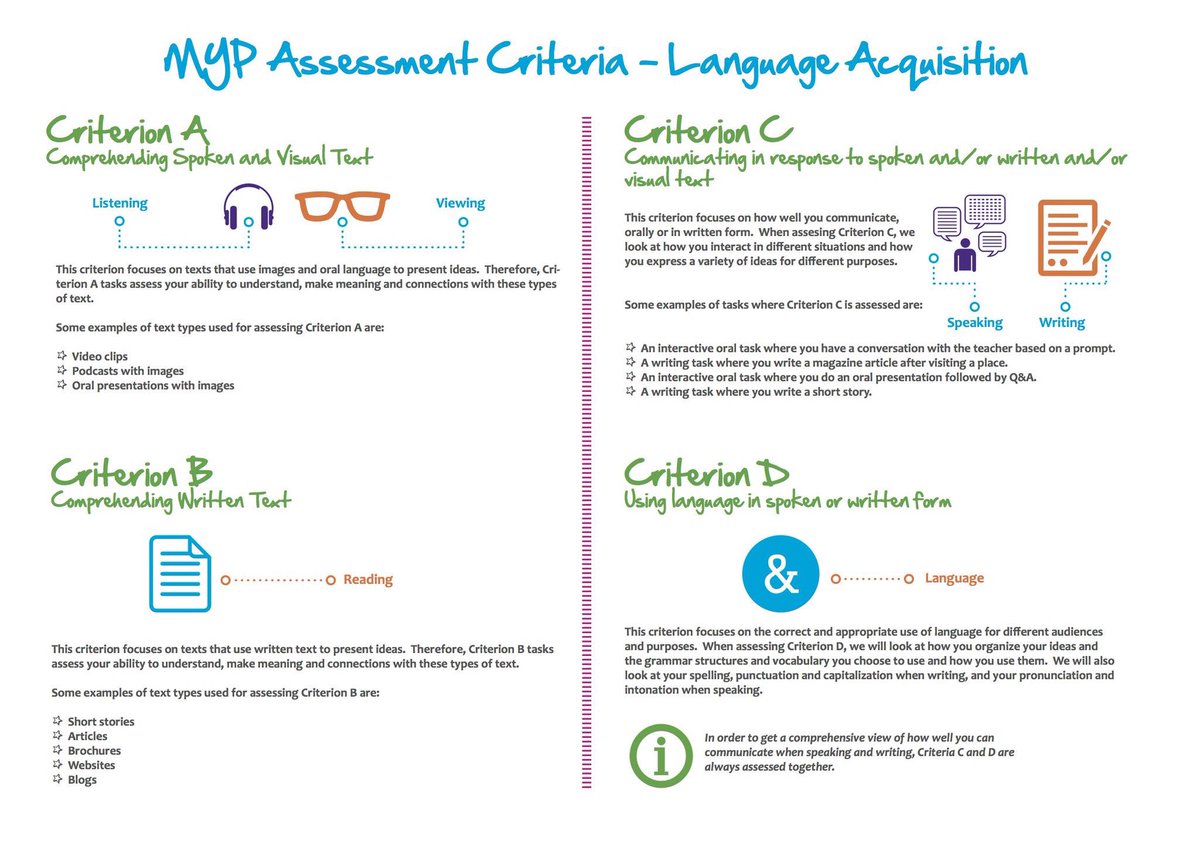How do you pass the time? p. 27
Activity: Do you like/hate/love?
What is a gerund? https://www.englisch-hilfen.de/en/grammar/gerund.htm
Online exercises for practice:
- https://www.liveworksheets.com/worksheets/en/English_as_a_Second_Language_(ESL)/Likes_and_dislikes/like,_love,_hate..._(-ing)_le1337bo
- https://elt.oup.com/student/englishfile/beginner/a_grammar/file07/grammar07_a01?cc=us&selLanguage=en
- https://elt.oup.com/student/englishfile/elementary/a_grammar/file04/grammar04_b02?cc=global&selLanguage=en
When we talk about hobbies and interestes we usually use adverbs of frequency, for eample, always and sometimes, to say how often we do thing or how often things happen.
Task 1
Individually, read the texts on pp. 30-31 and identify the adverbs of frequency
Task 2
1. In pairs, look at the adverbs of freqency you have identified,
2. Create a table like the one on page 28
3. Decide where the adverbs of frequency you have identified go (according to how many times you do something - from the most frequent to the least frequent.
4. Check your answers on the following link:
http://learnenglishteens.britishcouncil.org/grammar/beginner-grammar/adverbs-frequency
December 5
Adverbs of Frequency online exercises:
https://elt.oup.com/student/solutions/elementary/grammar/grammar_02_012e?cc=pt&selLanguage=pt
https://www.englishclub.com/grammar/adverbs-frequency_quiz.htm
Task 4 p. 28
In pairs, take turns to interview each other about your own hobbies and interests.
- What are your favourite leisure activities?
- How often do you . . .?
- Where do you ususally . . . ?
- Who do you usually . . . with?
- Why do you enjoy . . . ?
- Which activities do you not like doing?
- Why do you not enjoy these activities?
- Which activities do you find boring? Why?
- Which new activities would you like to try?
December 6, 10, 12
Criterion C, D orals
December 13
Criterion C, D oral
Team



